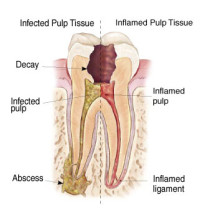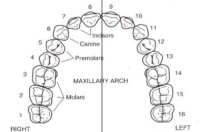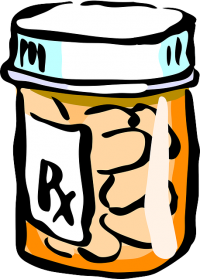There are three steps to becoming a client. The Intake Coordinator is here to help you through this process:
Step 1: Intake
- Call 541-342-5088 or Toll Free 1-866-470-3419 and ask for an Intake Coordinator.
- Schedule an appointment for enrollment via walk in or by phone.
- Complete and return intake paperwork
- Provide information about where we can obtain HIV verification for you
- Provide the following:
- Income Verification
- Work income (2 months current, consecutive pay stubs or earnings statements for ALL jobs)
- Self-employment income (most recent quarterly tax returns or business records for the most recent 3 consecutive months)
- Unemployment benefits (compensation stubs)
- Disability benefits (award letter)
- Stocks, bonds, cash dividends, trust, investment income, royalties (documentation from financial institution showing income received, values, terms, and conditions)
- Alimony/Child support, foster care payments (benefit award letter or official document showing amount received regularly)
- Pension or retirement income (not SSI) (annual benefit statement)
- Social Security retirement/survivor’s benefits (annual benefit statement)
- Veterans benefits (benefit award letter)
- Social Security Income (SSI/SSDI) (annual benefit statement)
- Public Assistance (not SNAP or LIHEAP) (most recent payment statement or benefit notice)
- Worker’s Compensation or sick benefits (benefit award letter)
- Proof of Residency
- One of the Following:
- Unexpired Oregon Driver License
- Unexpired Tribal ID
- Unexpired Oregon State ID
- Utility bill (cell phone bills not accepted)
- Lease, rental, mortgage, or moorage agreement
- Most recent property tax document
- Residency Verification Form (will be provided only if no other form of documentation
- OR Two of the Following:
- Copy of SSI/SSDI Award
- Copy of public assistance document (SNAP, OHP, etc.)
- Current Oregon Voter Registration Card
- Pay-stubs showing the employee’s home address
- Documents issued by a financial institution (bank statement, credit card bill)
- Court Corrections Proof of Identity
- Homeowner’s Association fee
- Military/Veteran’s Affairs
- Oregon vehicle title or registration card
- Approved letter from Oregon State Hospital, homeless shelter, transitional service provide
- One of the Following:
- Income Verification
Step 2: Care Coordination Screening
- This is a chance to meet with your Care Coordinator to talk about your needs and create a plan for your care. The Intake Coordinator will schedule this with you.
Step 3: RN Health Assessment
- The RN will talk with you about your health and answer questions. Together you will identify ways to improve your wellness. The Intake Coordinator will schedule this with you.








